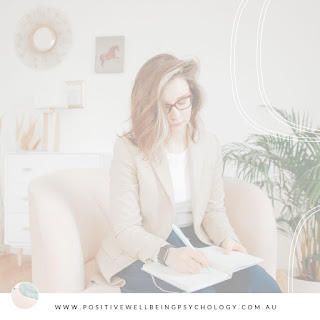Why do I feel this way in the most recent COVID-19 Lockdown - what do I feel more okay?

It makes so much more sense now understand each lockdown feels so much harder... Now with lockdown #6 extended, we are having to absorb more covid trauma. With each lockdown, stress from the trauma can build if you don't release it. What needs releasing is the fight, flight, and freeze response within your nervous system. We explore why this lockdown feels different to earlier lockdowns in terms of mood, energy levels, motivation, hope, interest in usual activities, increased feelings of frustration and anger and thoughts to include “what is the point” … people are finding themselves feeling burnout with increased levels of fatigue to stick to their daily tasks. We need to adopt a range of activities to help discharge our stress fully. We have incorporated the Polyvagal Theory to make sense of this, including the fight, flight, and freeze response within your nervous system. We’ve drawn on the autonomic nervous system in attempt to help re-pattern the nervous systems, build ca


